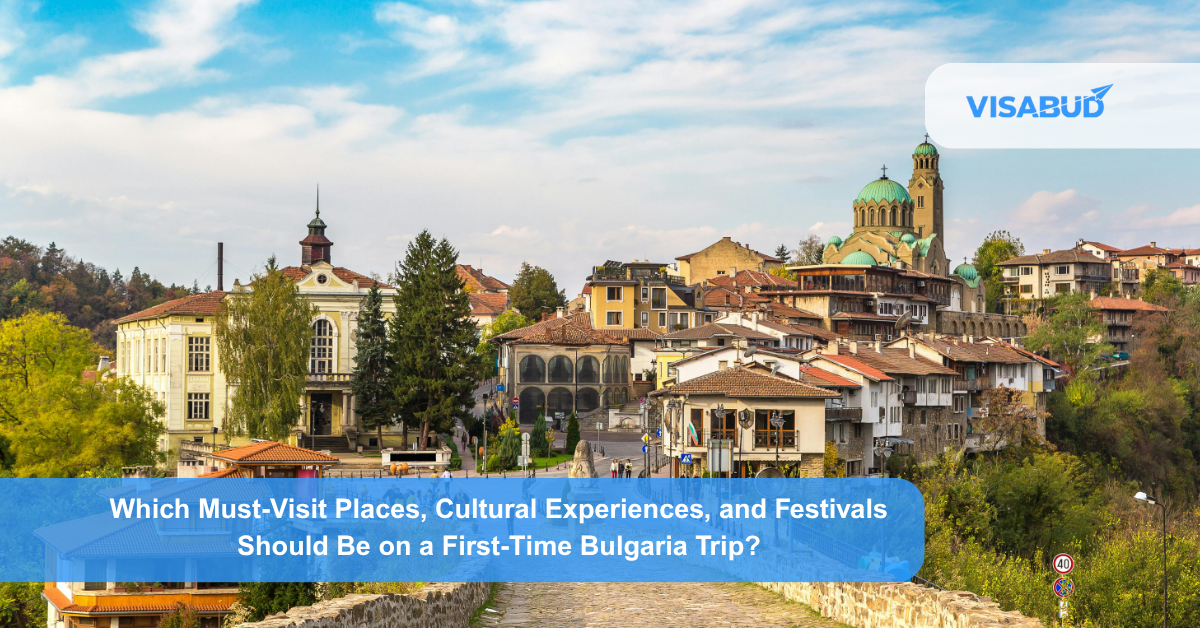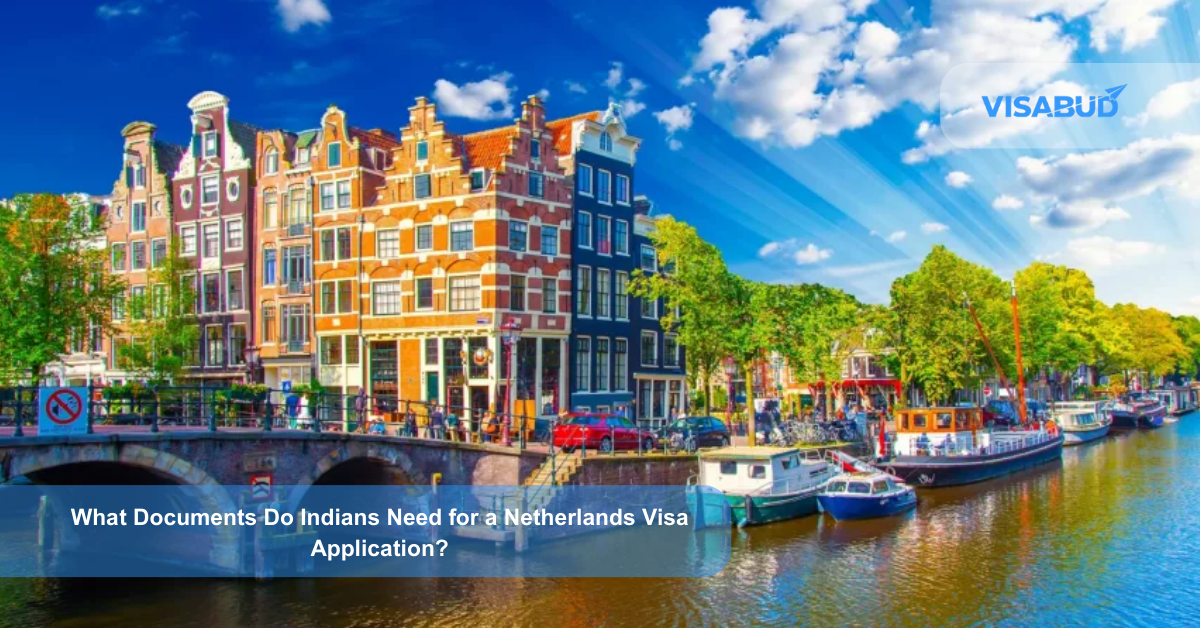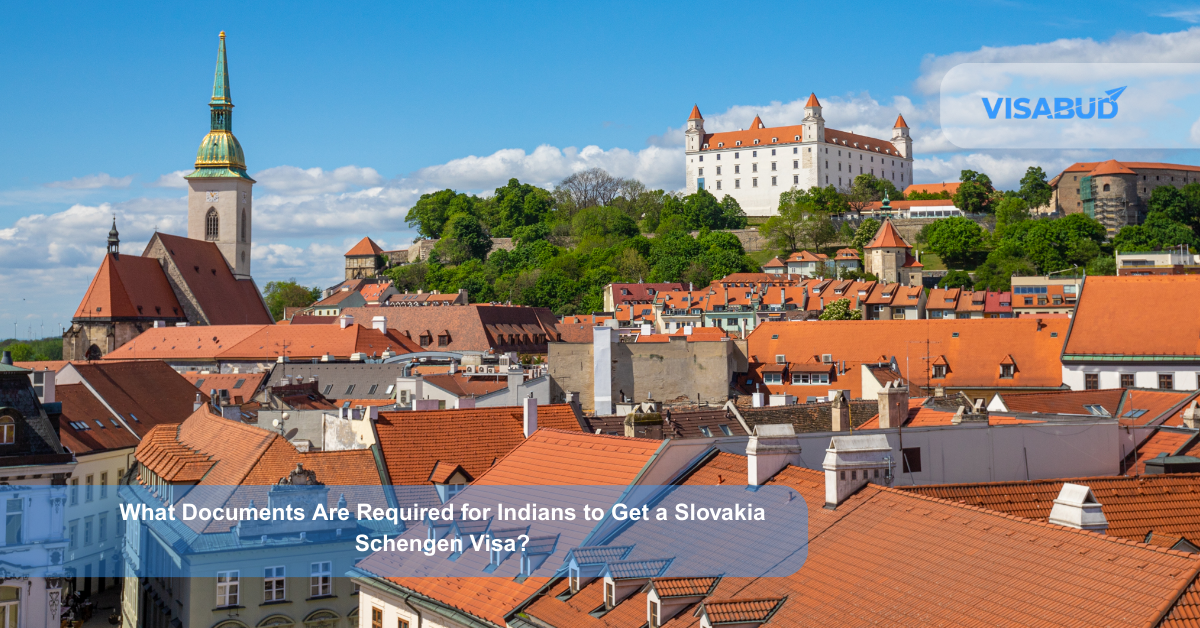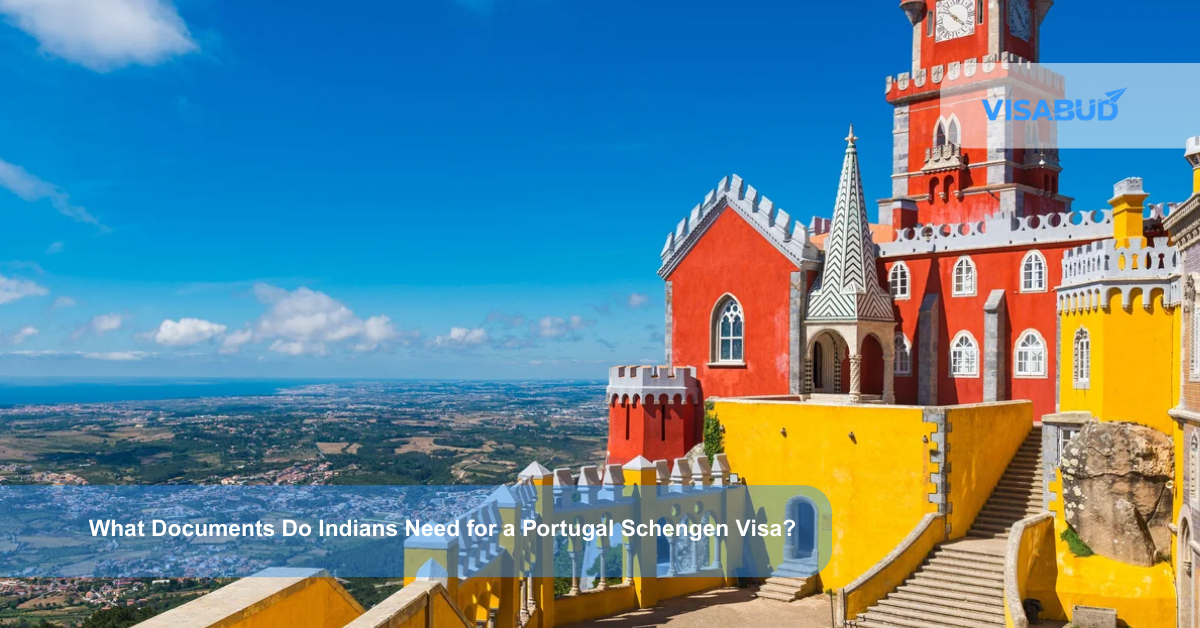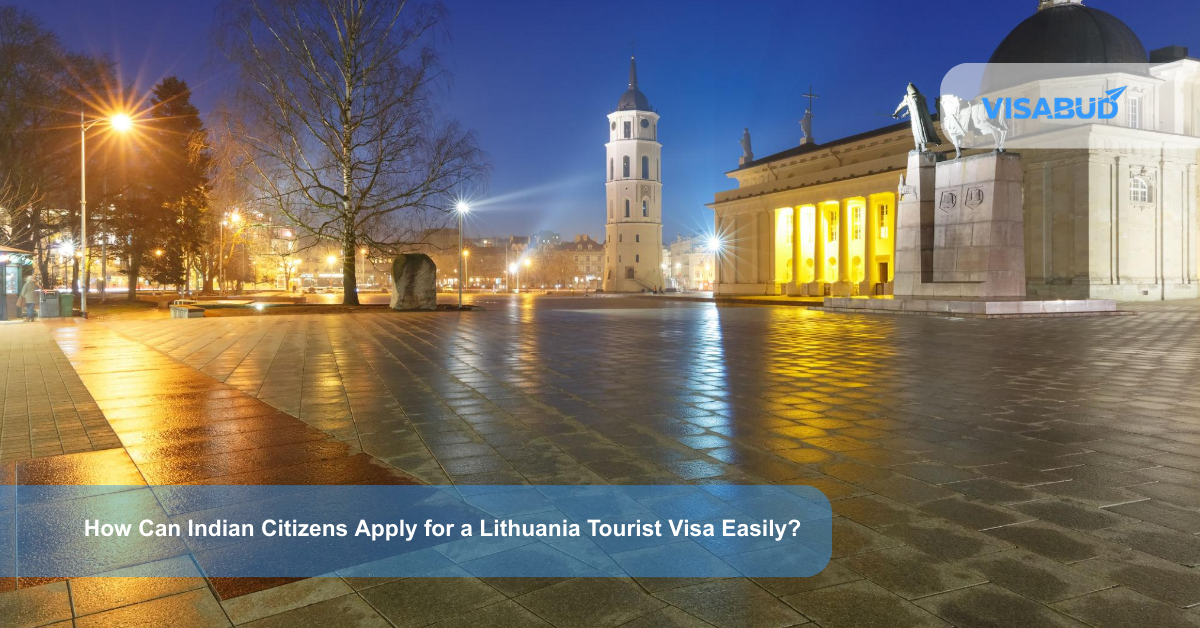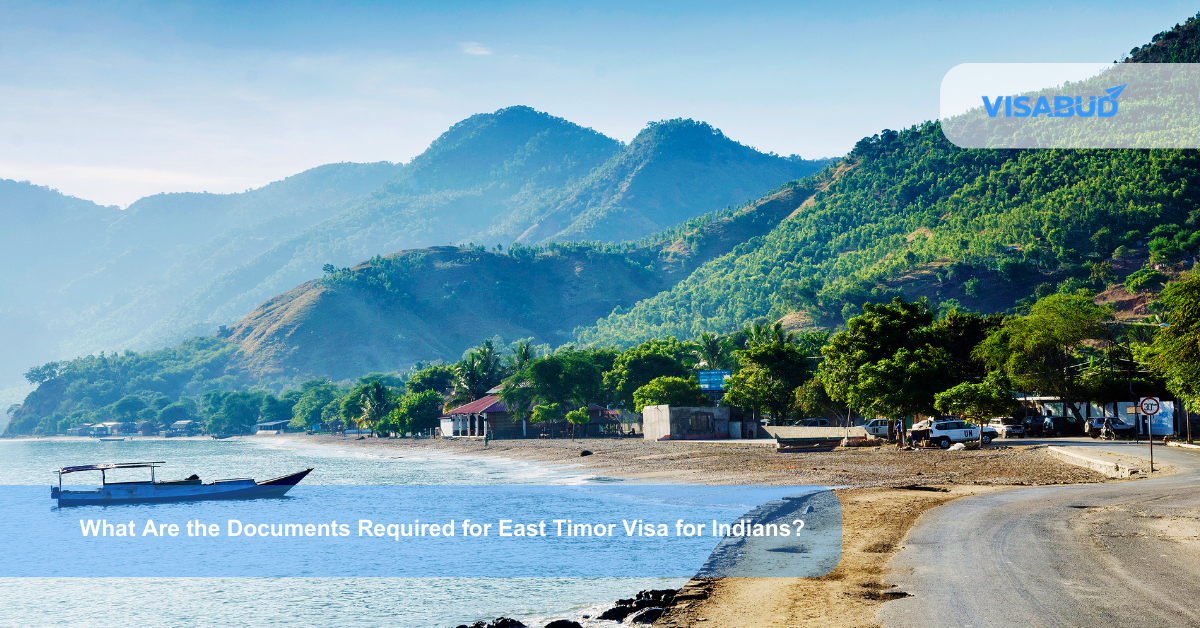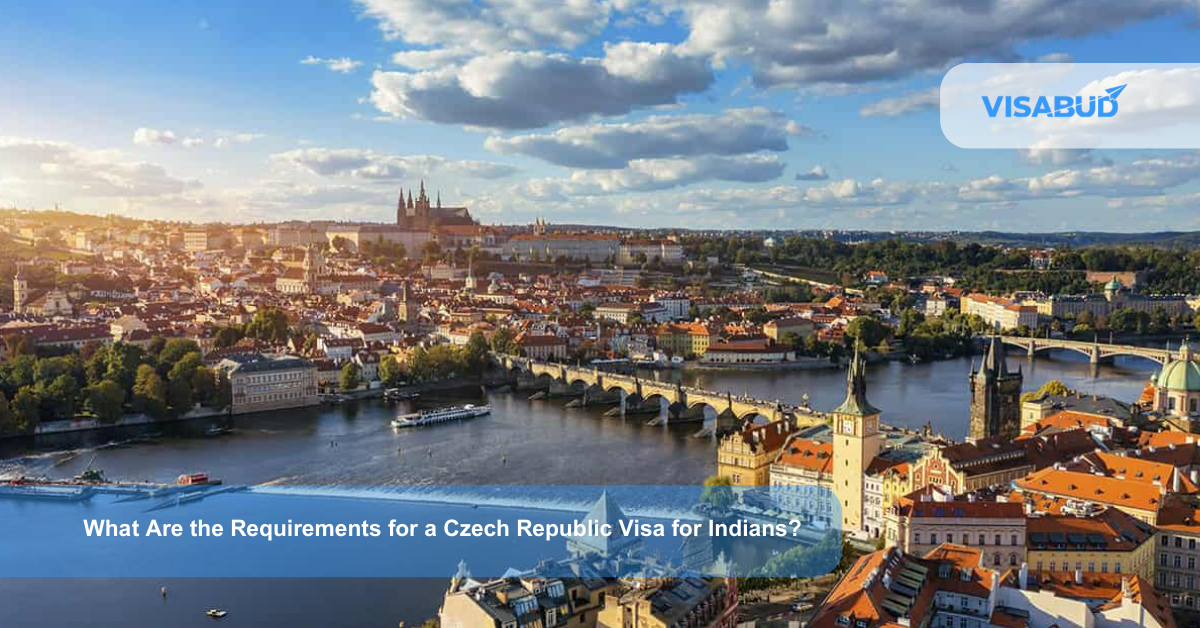Bulgaria is one of Europe’s best-kept secrets, a place that quietly combines natural beauty, deep history, and warm hospitality. It’s a country where you can admire breathtaking mountains, explore ancient ruins, and join in colorful celebrations all in a single trip.
For someone visiting for the first time, Bulgaria offers a perfect mix of must‑visit places, cultural experiences, and festivals that show its true spirit. From lively city streets to peaceful monasteries, every corner has a story to tell.
If you love historic cities, you’ll find plenty to explore. Sofia, the capital, blends Roman ruins, Orthodox cathedrals, and modern life. Plovdiv, one of Europe’s oldest cities, charms visitors with its Old Town and Roman theatre. Veliko Tarnovo takes you back to medieval times with its fortress and river views.
Nature lovers will enjoy the country just as much. The Rila Mountains, Seven Rila Lakes, and Pirin National Park offer stunning landscapes for hiking and photography. In winter, ski resorts like Bansko are a favorite for snow sports.
Cultural life is another highlight. Bulgaria’s traditions come alive during festivals such as the Rose Festival in Kazanlak or the Kukeri Festival in winter. These events mix costumes, music, and rituals that have been passed down for generations.
Whether you want to relax on the Black Sea beaches, wander through charming old towns, or experience local customs, Bulgaria has something for every traveler. It’s a country that offers authentic experiences without the heavy crowds of more famous European destinations making it perfect for a first-time visit.
1. Sofia – The Historic Capital
Your trip should start in Sofia, Bulgaria’s capital. It’s a city that blends ancient Roman ruins, Ottoman mosques, Orthodox cathedrals, and modern life.
Highlights in Sofia:
2. Plovdiv – Europe’s Oldest Living City
Plovdiv is often called the cultural capital of Bulgaria. With over 8,000 years of history, it’s one of Europe’s oldest cities still inhabited today.
What to See in Plovdiv:
3. Veliko Tarnovo – The Medieval Capital
Once the capital of the Second Bulgarian Empire, Veliko Tarnovo is a must for history lovers.
Highlights:
4. Rila Monastery – A Spiritual Treasure
A UNESCO World Heritage site, Rila Monastery is one of Bulgaria’s most important cultural landmarks. Surrounded by mountains, its colorful frescoes and peaceful atmosphere make it a perfect spiritual retreat.
5. The Black Sea Coast – Beaches & Relaxation
For sun and sea, Bulgaria’s Black Sea coast is ideal.
Best Coastal Spots:
6. Bulgarian Culture & Lifestyle
Bulgaria’s culture is shaped by its history, traditions, and way of life.
7. Bulgarian Festivals to Experience
One of the greatest opportunities to experience regional customs is during festivals.
Popular Festivals:
8. Nature & Adventure
Bulgaria offers incredible natural beauty for outdoor lovers:
9. Practical Tips for First-Time Visitors
10 FAQs About Visiting Bulgaria
1. Is Bulgaria expensive for tourists?
Bulgaria is one of Europe’s most affordable travel destinations, offering good value for money.
2. Do I need a visa to visit Bulgaria?
Visa requirements depend on your nationality. Many countries do not require a visa for short-term travel.
3. What is the best time to visit?
While winter is best for skiing, spring and summer (May–September) are excellent for sightseeing.
4. Is it safe to travel in Bulgaria?
Yes, Bulgaria is generally safe for travelers, but use normal precautions in crowded places.
5. Can I travel around without speaking Bulgarian?
Yes, most people in tourist regions speak English, but it is still nice to know a few Bulgarian phrases.
6. What are some must-try Bulgarian dishes?
Banitsa, shopska salad, kavarma, and yogurt are must-tries.
7. Which cities are best for nightlife?
The nightlife of Sofia, Plovdiv, Varna, and Sunny Beach is well-liked.
8. Are there direct flights to Bulgaria?
Yes, Sofia, Varna, and Burgas airports receive international flights.
9. Can I use public transport easily?
Yes, buses and trains are affordable and connect major cities.
10. What souvenirs should I buy from Bulgaria?
Rose oil products, pottery, embroidery, and traditional wine are popular souvenirs.
Final Thoughts
Bulgaria is a country that surprises first‑time visitors with its charm. It’s a place where history, culture, and nature come together in a way that feels authentic and inviting. From ancient cities to beautiful mountains and beaches, there’s so much to explore.
Whether you are exploring the historic stronghold of Veliko Tarnovo, touring the magnificent Rila Monastery, or strolling through the cobbled alleyways of Plovdiv’s Old Town, you can see the history of the nation everywhere.These places tell the story of Bulgaria’s rich past and deep traditions.
But Bulgaria isn’t just about history. It’s also full of life and color. The local lifestyle is warm and welcoming, with people who take pride in their traditions. You’ll see this in the music, dance, and daily way of life. Even a simple meal becomes a cultural experience tasting dishes like banitsa, shopska salad, or yogurt that’s famous around the world.
Festivals are another highlight for first‑time visitors. Whether it’s the Rose Festival in Kazanlak, the Kukeri celebrations with their colorful costumes, or fire dancing in Strandzha, these events bring Bulgarian traditions to life in a way that’s exciting and memorable.
For nature lovers, the beauty of the Seven Rila Lakes, Pirin National Park, and the Black Sea coast offer endless opportunities for hiking, skiing, or simply relaxing.
Bulgaria offers a travel experience that feels genuine, rich in culture, full of stunning places, and shaped by the warmth of its people. For a first‑time visitor, the combination of must‑visit landmarks, lively festivals, and an easy‑going lifestyle will leave lasting memories and a strong desire to return.
